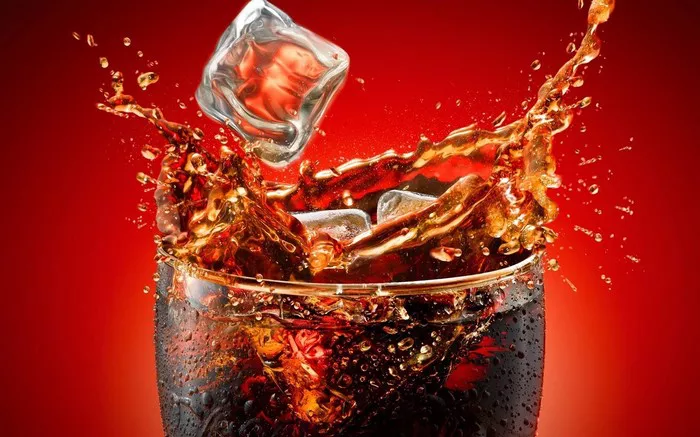As Canadian officials take steps to curb the consumption of caffeine-laden energy drinks, concerned parents and educators emphasize that the fight against this concerning trend demands more than just product recalls. While the removal of these drinks from store shelves is a positive start, advocates assert that a holistic approach is necessary, one that includes stringent regulations and a deeper comprehension of influencer marketing, to make a meaningful impact in a billion-dollar market.
Juliet Brown, a high school educator in Burnaby, British Columbia, observes the annual ritual of teenagers vying to outdo each other with tales of sleep deprivation. Later, in between classes, she witnesses these same groups of students purchasing energy drinks from nearby gas stations in an attempt to combat drowsiness.
“It’s almost as if there’s a celebration of exhaustion … like, ‘I stayed up until 3:00. Well, I stayed up until 4:00,'” shares Brown, who is also a mother of three.
“When you add energy drinks or something with caffeine to the mix, you create a perfect storm where kids are both fatigued and overstimulated.”
Brown is one of many parents who appreciate the apparent crackdown on high-caffeine energy drinks by Canadian authorities but believe that removing these beverages from circulation won’t suffice. They argue that recalls must be complemented by stricter regulations and a deeper understanding of influencer marketing to have a meaningful impact.
Concerns about energy drinks extend beyond their caffeine content; it’s also the way they are marketed to young consumers that worries adults. These drinks often come in eye-catching neon cans and feature fruity flavors like peach mango and strawberry lemonade, catering to teenagers who may find coffee’s bitter taste unappealing.
A study published in April revealed that companies strategically target these adolescents through advertising campaigns. Researchers from the University of Ottawa discovered that posts related to Canadian energy drinks reached over 351 million users on platforms such as Facebook, Instagram, Twitter (now X), Reddit, Tumblr, and YouTube between 2020 and 2021. Notably, this figure excludes TikTok, a platform that holds significant influence, particularly among the youth.
Monique Potvin Kent, an associate professor of epidemiology and public health at the University of Ottawa, underscores the reach of online advertising for energy drinks and the techniques employed to captivate teenagers and children. She asserts, “We know the advertising online for energy drinks is reaching millions and millions of people … they’re using a lot of techniques that are very appealing to teenagers and appealing to children.”























